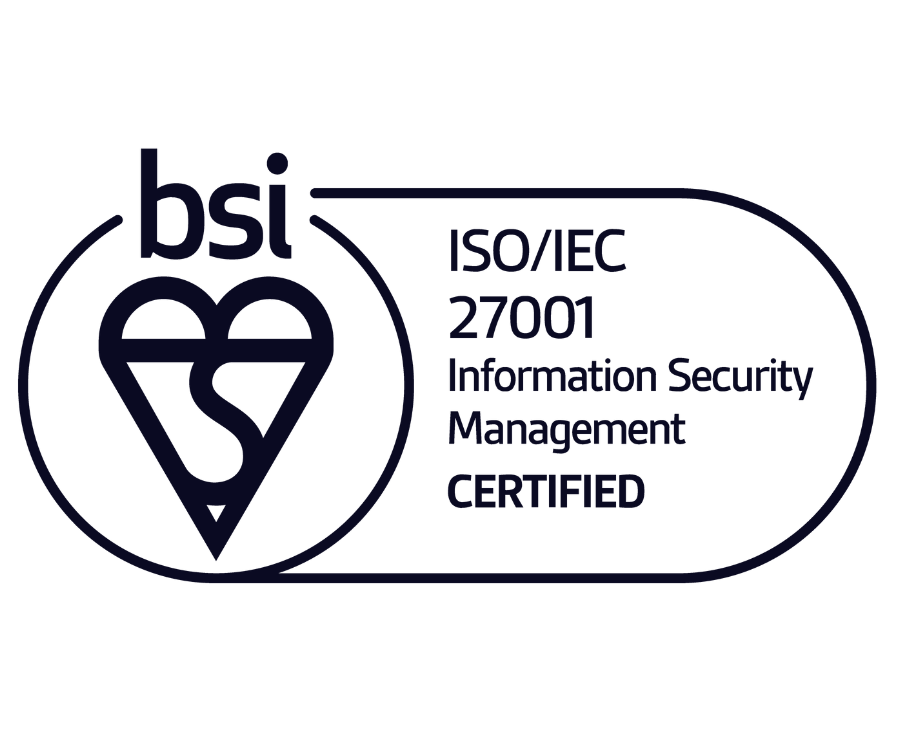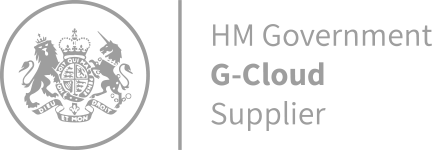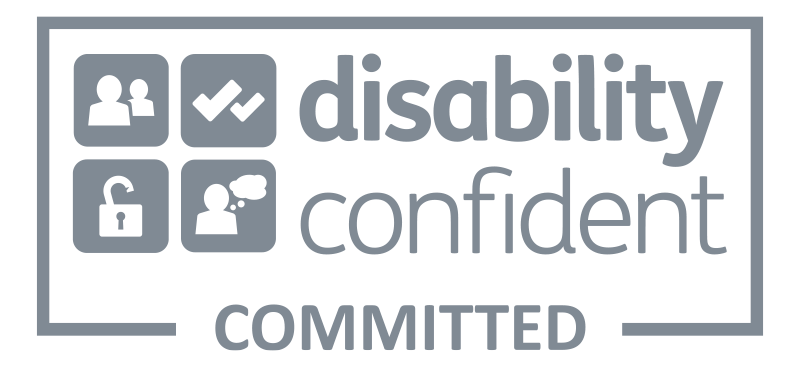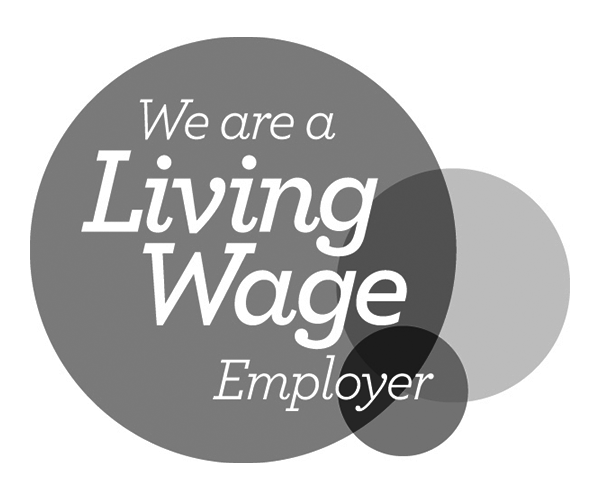





© 2025 Airbox Systems Limited. All rights reserved.
Airbox Systems Limited, Unit 4 The Quadrangle, Downsview Road, Grove Business Centre, Wantage, OX12 9FA
Modern Slavery and Human Trafficking Policy
1. Policy Statement
Airbox Systems is committed to conducting business ethically, responsibly, and with integrity. We have a zero-tolerance approach to modern slavery, human trafficking, forced labour, and any form of exploitation. This policy outlines our commitment to identifying, preventing, and mitigating modern slavery risks in our operations and supply chains.
Modern slavery is a crime and a violation of fundamental human rights. It can take various forms, including slavery, servitude, forced and compulsory labour, and human trafficking. Airbox Systems recognises its duty under the UK Modern Slavery Act 2015 and other applicable regulations to ensure that such practices are not taking place in any part of its business or supply chain.
This policy is to be read in conjunction with Airbox Systems Modern Slavery and Human Trafficking Statement
2. Scope
This policy applies to:
• All employees, contractors, and agency staff.
• Directors, board members, and leadership.
• Suppliers, service providers, and third-party partners engaged with Airbox Systems.
• All Airbox Systems Ltd. operations and supply chains.
3. Definitions
• Modern Slavery encompasses slavery, servitude, forced or compulsory labour, and human
trafficking, as defined by the Modern Slavery Act 2015.
• Human Trafficking involves arranging or facilitating the travel of another person with a view to that person being exploited.
• Exploitation includes but is not limited to forced labour or services, slavery or practices similar to slavery, servitude or criminal activity.
4. Our Business and Supply Chains
Airbox Systems delivers mission-critical software and digital services to clients in law enforcement, emergency response, and public safety. While our business is primarily UK based with a small number of international suppliers, we recognise the risk of exploitation in global supply chains and remain vigilant in our ethical sourcing.
5. Commitments and Principles
Airbox Systems commits to:
• Maintaining a working environment free from modern slavery and human trafficking.
• Conducting thorough risk assessments of suppliers and contractors.
• Including anti-slavery and human trafficking clauses in supplier contracts.
• Raising awareness and providing training to staff on identifying and reporting concerns.
• Investigating any report of modern slavery and taking appropriate corrective action.
• Supporting any individual who raises a concern in good faith, including protection from retaliation.
6. Due Diligence and Risk Management
To mitigate risks of modern slavery, Airbox Systems will:
• Conduct due diligence when onboarding new suppliers, especially in high-risk sectors or regions.
• Assess and monitor supplier compliance through periodic reviews and self-assessment
questionnaires.
• Audit selected suppliers where risks are identified or where required by contract.
• Terminate relationships with suppliers that fail to comply with our ethical standards.
7. Training and Awareness
Airbox Systems ensures relevant employees and managers are trained on:
• Understand modern slavery risks within their roles.
• Recognise signs of forced labour, exploitation, or human trafficking.
• Know how to escalate concerns appropriately and confidentially.
8. Roles and Responsibilities
• Board of Directors: Provide overall oversight and accountability for the implementation of this policy.
• CEO & Executive Team: Lead the implementation of anti-slavery initiatives and communicate organisational expectations.
• Procurement Team: Ensure that all suppliers meet compliance requirements and conduct risk assessments.
• HR Department: Ensure fair and ethical recruitment practices and support training programmes.
• All Employees: Must report any suspected breaches of this policy through established reporting channels.
9. Reporting and Whistleblowing
Any individual—employee, contractor, or third party—who suspects any form of modern slavery or unethical behaviour is encouraged to report it confidentially.
Reporting channels include:
• Line manager or department head
• HR or Compliance Officer
• Confidential whistleblowing procedure (accessible via internal portal or HR)
Reports will be investigated promptly, and appropriate actions will be taken, with whistle-blowers protected from retaliation.
10. Review and update
This policy is reviewed annually and updated as necessary to reflect:
• Legislative or regulatory changes
• Updates to the organisation’s risk profile or supply chain
• Lessons learned from incidents or audits
11. Approval
Approved by: Joanna Mower, COO
Date: 20/06/2025